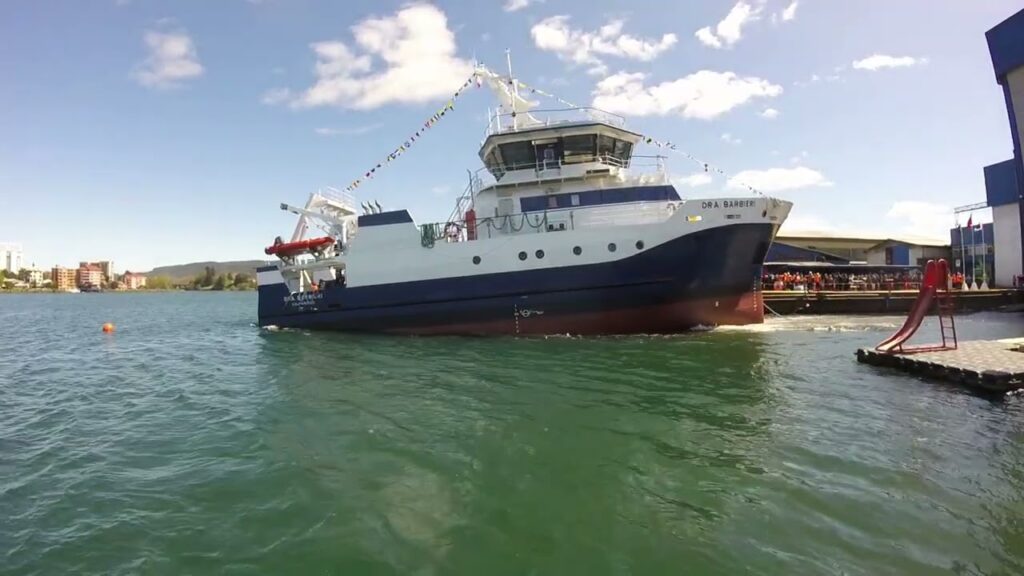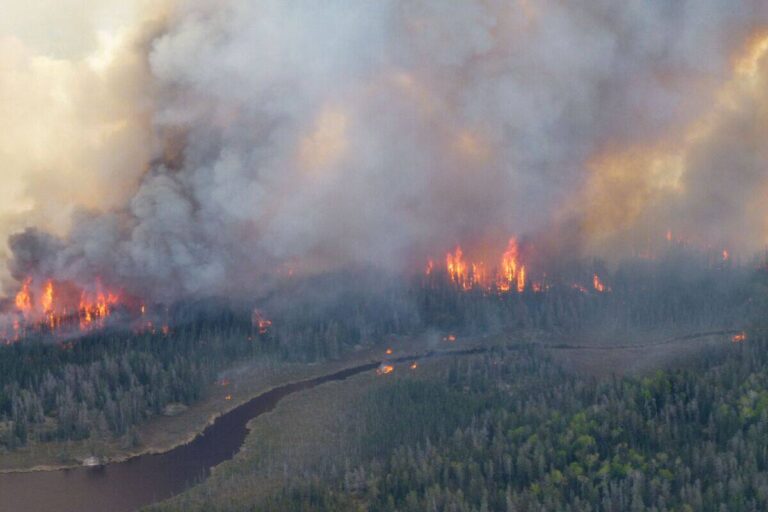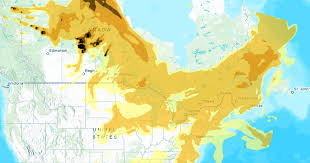
Introduction
The world’s oceans cover over 70% of the Earth’s surface and play a critical role in regulating the planet’s climate, weather patterns, and supporting diverse ecosystems. Understanding oceanic currents is vital given their influence on global temperatures, marine biodiversity, and human activities. As climate change accelerates, monitoring these oceanic systems becomes increasingly important for predicting future environmental scenarios.
The Role of Oceanic Currents
Oceanic currents are large-scale movements of water that distribute heat around the globe. They are largely driven by wind, water density differences, and the Earth’s rotation. Key currents, such as the Gulf Stream in the Atlantic Ocean, help maintain the temperate climates of coastal regions. According to the National Oceanic and Atmospheric Administration (NOAA), ocean currents can impact weather systems, as they are responsible for the formation of storms and alterations in precipitation patterns. The significance of these currents extends beyond weather; they also influence marine ecosystems, affecting nutrient distribution and the migration patterns of marine species.
Climate Change Impacts
Climate change has brought about significant alterations in oceanic currents. Research indicates that many currents are slowing down, which can lead to drastic changes in climate and weather patterns, affecting agriculture and fisheries globally. The Intergovernmental Panel on Climate Change (IPCC) warns that such changes could lead to severe weather events and increased temperature extremes in coastal areas. The disruption of oceanic systems also poses a threat to marine biodiversity, with species struggling to adapt to rapidly changing environments.
Human Activities and Oceanic Systems
Human activities, including pollution, overfishing, and habitat destruction, further complicate the natural processes of oceanic systems. The introduction of plastics and other pollutants into marine environments is damaging aquatic life and altering food chains. Efforts are underway globally to mitigate these impacts through conservation initiatives, responsible fishing practices, and pollution reduction strategies. These efforts are crucial not only for the health of the oceans but also for the future of humanity, which relies heavily on ocean resources.
Conclusion
Understanding the complexities of oceanic currents and their ecosystems is paramount in the face of climate change and human impact. As research expands, there is hope for better management and conservation strategies that will protect these vital water systems. For the public and policymakers alike, staying informed about oceanic dynamics is essential for creating a more sustainable future, ensuring the protection of marine ecosystems, and securing livelihoods dependent on healthy oceans.






